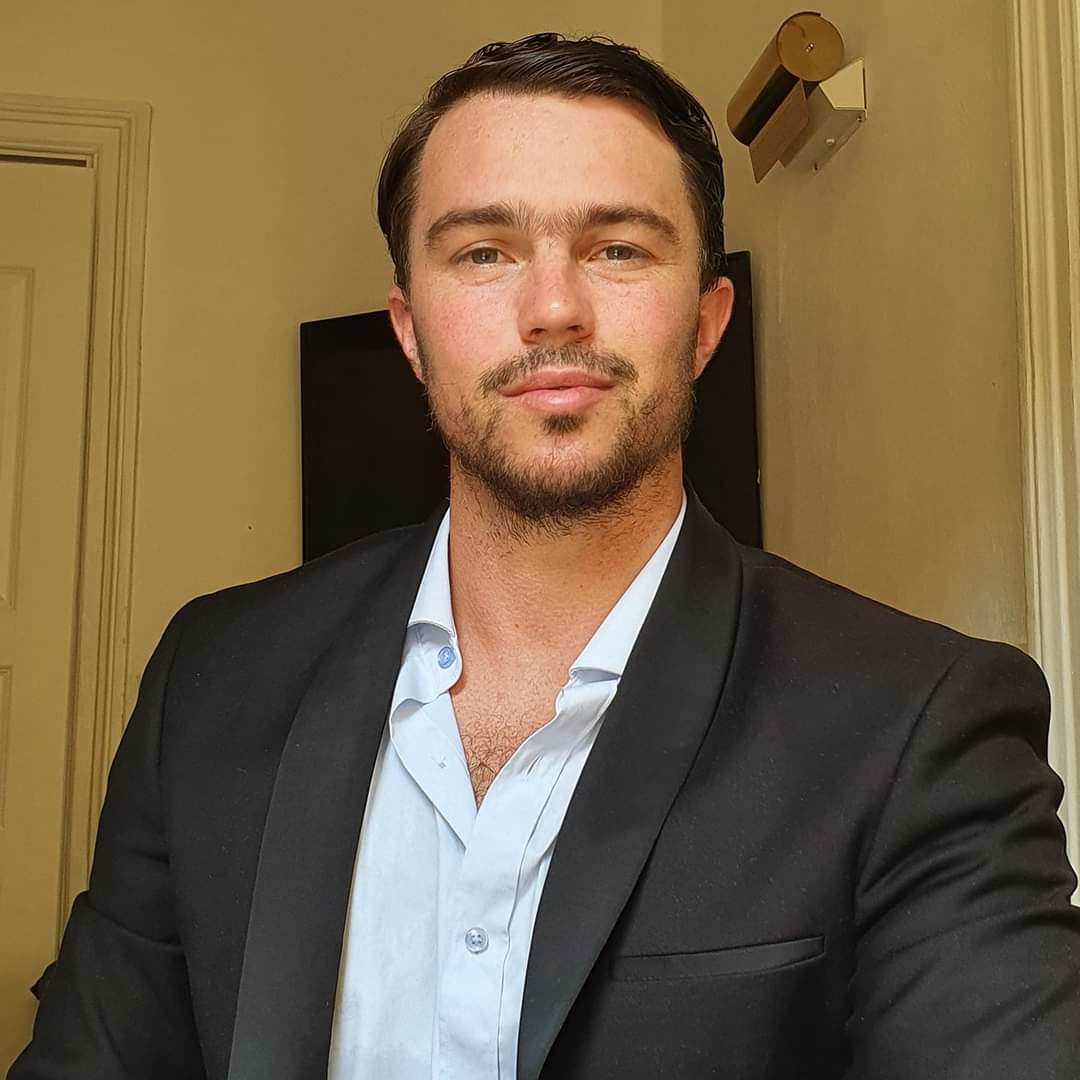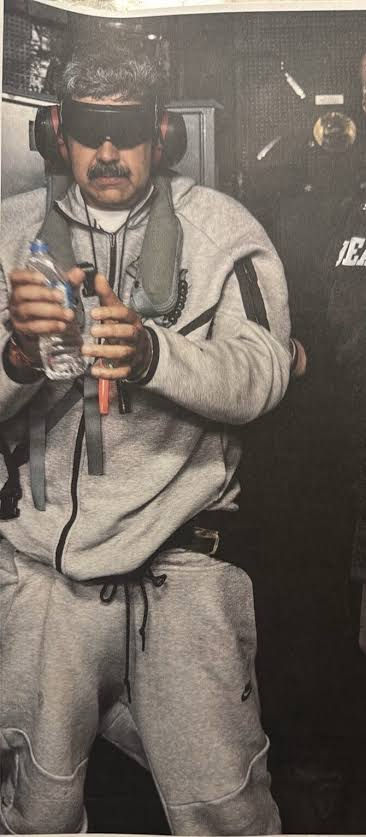The background of the tensions in Ukraine
- Sebastian Palacios.

- Dec 11, 2021
- 3 min read
Updated: Apr 7, 2022

Despite the fact that the Russian nation was founded around the 9th century in Kyiv, the current capital of Ukraine, and Vladimir Putin's repeated messages that Ukraine and Russia 'are one nation', the truth is that only one third of the country located in the eastern part identifies with the Russian heritage. Ethnically, people from the central and western regions of Ukraine have more similarities with Poles and Scandinavians, tend to speak more of the Ukrainian language, and the population sees Russian influence as 'imperialist'. Many of these groups even supported Nazi Germany against the Soviet Union during World War II, and war criminals who exterminated Jews are celebrated as national heroes in Ukraine today. In 1954, the leader of the Soviet Union, the Ukrainian Nikita Krushchev, transferred the Crimean peninsula from Russia to Ukraine with the official purpose of facilitating the management of water in the area. But the big problems between the two countries began in 2013 when the then pro-Russian president, Viktor Yanukovych, stopped an economic association agreement with the European Union that his pro-Western predecessors had promoted. Very quickly, massive and violent protests known as Euromaidan broke out in the capital. Yanukovych was finally expelled from the country in what can be called a coup d'État and a new anti-Russian government was formed with the support of many neo-Nazis who were then placed in important positions in the police and national Ministries The new Ukrainian nationalist government severely restricted Russian language, political parties, television and radio channels. Thus, in 2014 the province of Crimea held its third referendum since the dissolution of the Soviet Union to decide whether the population, which is in majority Russian, wanted to remain in Ukraine or join Russia. As in the two previous referendums held in 1991 and 1994 respectively, more than 90% of the adult population participated and voted to be part of Russia. Most of the international community did not recognize this result, but Russia seized the opportunity and annexed Crimea shortly thereafter. At the same time, two large provinces in eastern Ukraine, Donetsk and Lugansk, also called Donbas, declared their own independence from Ukraine on the grounds that their Russian cultural identity could no longer be preserved within the new centralized and nationalist Ukrainian state. Russia again seized the opportunity by granting citizenship to more than 500,000 people living in those regions and provided military assistance to the separatist rebels. As a consequence, severe economic sanctions were imposed on Russia and relations with the West have been very cold ever since. In 2015, a ceasefire was reached between the rebels and the new Ukrainian government with the so-called Minsk agreements, signed in the Belarusian capital. These state that the Kyiv government would coordinate with the separatists to find a political solution by holding new elections and granting constitutional autonomy to the Donbas region. On the other hand, Russia agreed not to provide military assistance to the rebels, but so far all parties to the conflict have not fully complied with the Minsk agreements. More than 14,000 people have died in this war since 2014 and both Russia and Ukraine constantly accuse each other of breaking agreements and having plans to invade the Donbas region at any moment. In addition, Ukraine with the new nationalist president, Volodymyr Zelensky, has taken clear steps to be accepted as a member of NATO. This angered Putin, who said that having the US-led alliance set up military bases and heavy weapons on the border with Russia would mean "crossing a red line". The United States and NATO have responded by saying that they do not accept red lines from anyone and that Ukraine is free to join any military alliances it wishes without having to ask Russia for permission. The only solution in sight is for the Ukrainian government to the Donbas autonomy, while Russia must accept the possibility of Ukraine having military agreements with NATO.




Comments